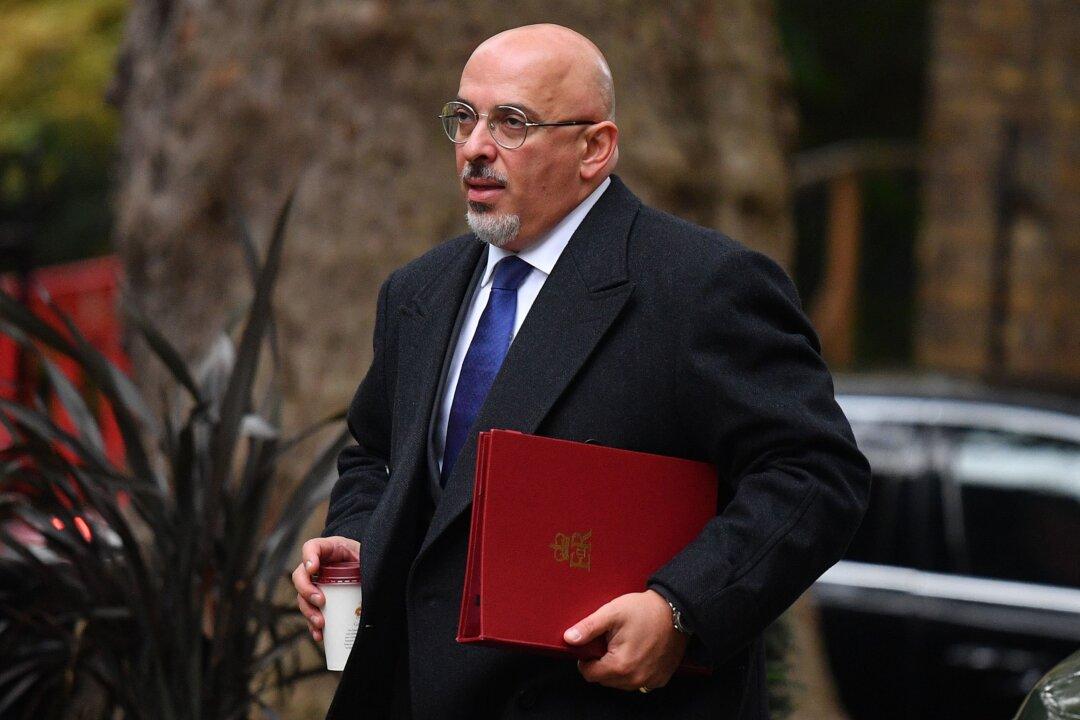The UK government is yet to decide whether to offer the Pfizer-BioNTech COVID-19 vaccine to all 12- to 15-year-olds, vaccines minister Nadhim Zahawi said on Sunday.
It comes after the government’s independent advisory body on vaccination and immunisation advised against offering the vaccine to healthy children in this age group.





